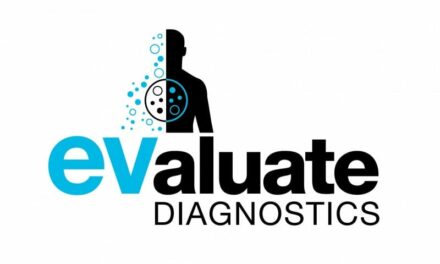Exact Sciences, a provider of cancer screening and diagnostic tests, announced the launch of the Riskguard hereditary cancer test in the United States. The Riskguard test provides an individualized patient report that includes gene specific and familial risks using a simple blood or saliva sample for 10 common cancers, including colorectal, breast, prostate, skin, ovarian, endometrial, pancreatic, gastric, kidney, and endocrine.
“Riskguard is a genetic test that can help patients understand their risk of developing certain cancers to inform screening, treatment and risks to other family members,” says Brandie Leach, MS, CGC, senior director, Medical Affairs at Exact Sciences and former head of a National Cancer Institute (NCI)-designated comprehensive cancer center’s Hereditary Cancer program. “We believe that helping people to identify their risks – and take informed actions to reduce those risks – is a crucial step to help eradicate cancer and the suffering it causes. This will become an increasingly important tool in the primary care setting as well. Offering more effective personalized screening solutions supports Exact Sciences’ commitment to help detect cancer earlier.”
For patients already diagnosed with cancer, knowing about certain gene variants can help create individualized treatment plans for patients. The Riskguard test also helps inform the risk stratification for patients who have a family history of cancer by identifying changes in cancer-associated genes, the company says. These actionable results help health care providers better understand their patients’ risk level and management options, leading to more personalized care.
“Recently updated guidelines now recommend germline mutation testing for patients with breast cancer. We are proud to add the Riskguard test to our growing portfolio of innovative offerings – including the Oncotype DX and OncoExTra tests – that help improve outcomes(1,2) across the cancer-care continuum,” says Brian Baranick, general manager of Precision Oncology at Exact Sciences. “We are also seeing more physician interest in combining tests like Riskguard with therapy selection tests such as OncoExTra to develop a more complete understanding of a patient’s tumor at the molecular level.”
The Riskguard test is a multi-cancer multigene panel that provides a report on variants in genes that are actionable and are included in an easy-to-understand report with potential care options to support treatment discussions, according to the company.
The Riskguard test is covered by Medicare and many commercial insurance plans for eligible patients. Healthcare providers can order the Riskguard hereditary cancer test beginning March 12, 2024 through the portal found here.
References:
- Domchek SM, Friebel TM, Singer CF, et al. Association of risk-reducing surgery in BRCA1 or BRCA2 mutation carriers with cancer risk and mortality. JAMA. 2010;304(9):967-975. doi:10.1001/jama.2010.1237
- Dominguez-Valentin M et al, Mortality by age, gene and gender in carriers of pathogenic mismatch repair gene variants receiving surveillance for early cancer diagnosis and treatment: a report from the prospective Lynch syndrome database. EClinicalMedicine. 2023 Mar 20;58:101909



